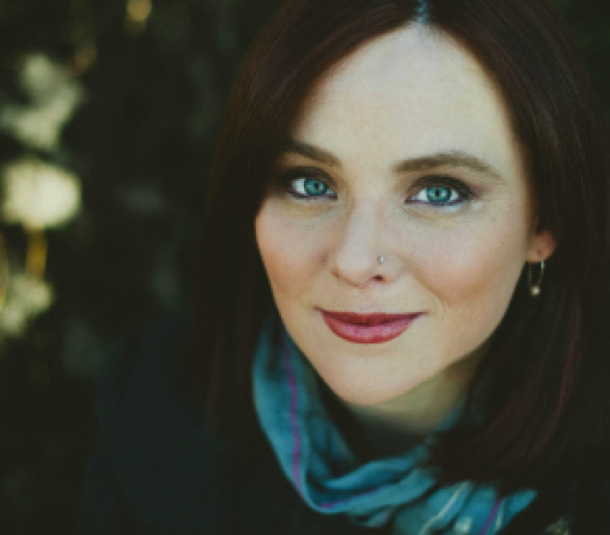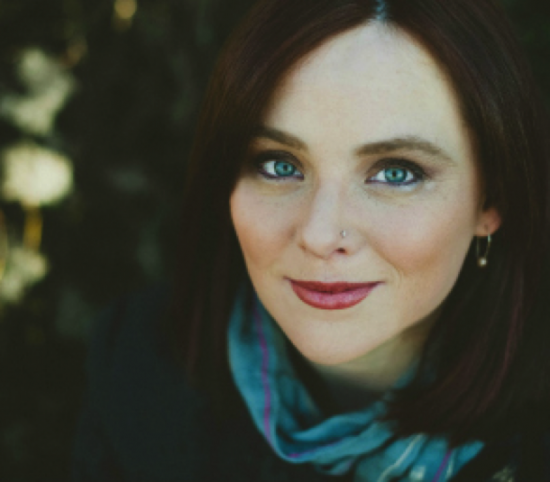Sarah Bessey on Women (Women Talk Women)
Women On Women
Last week, I kicked off Round 2 of Women Talk Women featuring author and activist Shayne Moore. I asked her to dish on every woman’s favorite (or not so favorite) subject: other women.
Note: She joined a long line of past interviewees, including Ann Voskamp, Rachel Held Evans, Lauren Chandler, Sarah Markley, Kem Meyer, Lindsey Nobles, Jenni Catron, Heather Whittaker, Jena Nardella and LeeAnna Tankersley. (Go here to scroll through them all.)
This week, fall in love with Sarah Bessey
Me: Have you had an easier time building friendships with men or women? And what do you think are the challenges of both?
Sarah Bessey: I do have friendships with men, primarily professional friendships or through my husband. But my deepest friendships are with women. I think one of the great lies of our culture is that women can’t be trusted. We hear from reality television and some church people alike that women are catty, insecure, jealous, gossip-prone. My experience has absolutely been the opposite. On the whole, I’ve found women to be funny, strong, supportive, motivated, wise, and deeply spiritual. Anything else tends to be the excepting minority.
I think women in the church today are rather tired of being pitted against one another and I believe we want to transcend the competitive staging of our relationships. For instance, the “mummy wars” are usually more of a myth to sell magazines than my actual experience. I see women around me – in work, in my neighbourhood, in many faith traditions, in professional encounters, even online – as very committed to each other’s well-being. The underlying sense of sisterhood among women of faith is strong. I have found women on the whole to be willing to be friends even without point-by-point agreement on every aspect of life.
Me: Love. Why didn’t I interview you earlier? As a strong leader, you’ve probably occasionally run up against another woman who acted “catty” toward you. What do you do with that?
Sarah Bessey: Cattiness from women is usually gossip about surface things – my weight, my looks, my mannerisms, that sort of thing. (And that can get under my skin almost more than someone who thinks I’m a heretic!) But I don’t confuse criticism with cattiness. Someone can disagree with me very well without being catty, so I try to separate out “catty” from “critic.” I’ve been attacked by women, but I’ve also been attacked by men. I’ve been gossipped about, sure, but it’s not gender-specific.
Given the nature of my work, I’ve had to get over my people pleasing tendencies pretty quickly – or try to, anyway. So when I feel attacked in any capacity, of course my first instinct is to get angry. I usually let it bother me or dominate my thoughts for a while, compose angry posts or passive-aggresive responses in my head, fall into the depths of despair, that sort of thing. But then I try to separate the criticism from the tone to see if it’s warranted. If it’s legit criticism, I try to honour it as a gift for learning. Sometimes it’s just not legit, and then I have to pray and really, finally, let it go. This has become easier over the years – writing one’s life out online is a great practice for this. Also, I’ve found that getting older helps.
I’ve also embraced Brené Brown’s edict about criticism: if you aren’t out here, getting your butt kicked in the arena like the rest of us, I’m not interested in your criticism. Everyone has a drive-by opinion, right? One final thing to mention on this is one that surprised me. As I began to step into my work as a writer, particularly in a more public way with writing a book and beginning to speak at a couple of events, my consistent experience – with only a few exceptions – has been one of welcome and embrace from other women in this line of work. Even women with whom I have disagreements concerning theology or what-not still met me with support and friendship. I was amazed by the absence of competition and genuine sense of camaraderie, like we’re all on the same team.
Me: Who doesn’t think Brene Brown is dripping wisdom? Great reference there. Tell me about jealousy with other women. Does it ever creep in?
Sarah Bessey: I do struggle with jealousy, I think most of us do on some level. I find my jealousy is usually triggered on the things where I feel like I’m failing or struggling. Insecurity is the petri dish for jealousy in my life. Taking a run at the root cause of jealousy – insecurity – is my main focus to defeat that. One of the great turning points in my life was around discovering my identity. The late Brennan Manning was instrumental in helping me to really understand and embrace my identity as God’s beloved. And once you believe you’re loved, well, that does change things. Living like I’m well-loved – because I believe we are well-loved – is the main way where I sidestep jealousy when it comes up.
Me: Not only do you have a great first name, but you’re citing my heroes as well. (Just wrote a farewell to Brennan.) How about this: Can you tell me one notable woman you respect and one not-so-well-known female friend who has shaped your life?
Sarah Bessey: This is a hard question for me. I have a long list of wise women I admire and respect. One woman who stands out to me in these days is Madeleine L’Engle. I loved her books as a young woman, particularly the Wrinkle in Time series and the Austins. But as an adult, I discovered her four-volume memoir, The Crosswick Journals. They are beautiful and wise, insightful and wry. Her first one, A Circle of Quiet, calmed some part of me that always felt more behind and tired than everyone else. Her phrase “The Tired Thirties” just gave me a huge exhale. Plus her work on Christian art and imagination and creativity, Walking on Water, was life-changing. She strikes me as incredibly curious. One of my favourite things about her when I was young is that she never “talked down” to young people. She wasn’t scared of physics or math, fantasy or fiction, and wove them all together. Then as I got to know her writing better as an adult, I saw that same quality of firmness, intelligence, wisdom, and thoughtfulness.
From a not-so-well-known friend, I’d say it’s my sister, Amanda. We’re very close in age but night-and-day different from each other. My sister is My Lobster (a little reference for other Friends-fanatics of the 90s). We are quite looking forward to growing old and eccentric together. She’s strong and intelligent, tender-hearted and funny as hell. She’s always been unafraid to be who she is. Going back to your earlier question about the roots of jealousy, she’s a tremendous example to me of someone who simply knows who she is. She manages to be a crazy puzzle of a person with diverse interests and opinions without being fragmented, if that makes sense. She has brought all the diverse parts of passions, interests, loves all together and holds them easily in herself. Plus she is one of the few people in world who completely gets my sense of humour.
Me: Thanks, Sarah. A pleasure to find out a little more about you. And to close things out, here’s a personal Madeline L’Engle story that might amuse you given your admiration for her. Keep in touch!
Sarah Bessey is a writer and an award-winning blogger. She lives in Abbotsford, British Columbia with her husband, Brian, and their three tines, Anne, Joseph, and Evelynn. Her first book Jesus Feminist will be published by Howard Books (an imprint of Simon & Schuster) in 2013. Sarah is an editor at A Deeper Story (www.deeperstory.com) and a contributor at SheLoves Magazine (www.shelovesmagazine.com).



